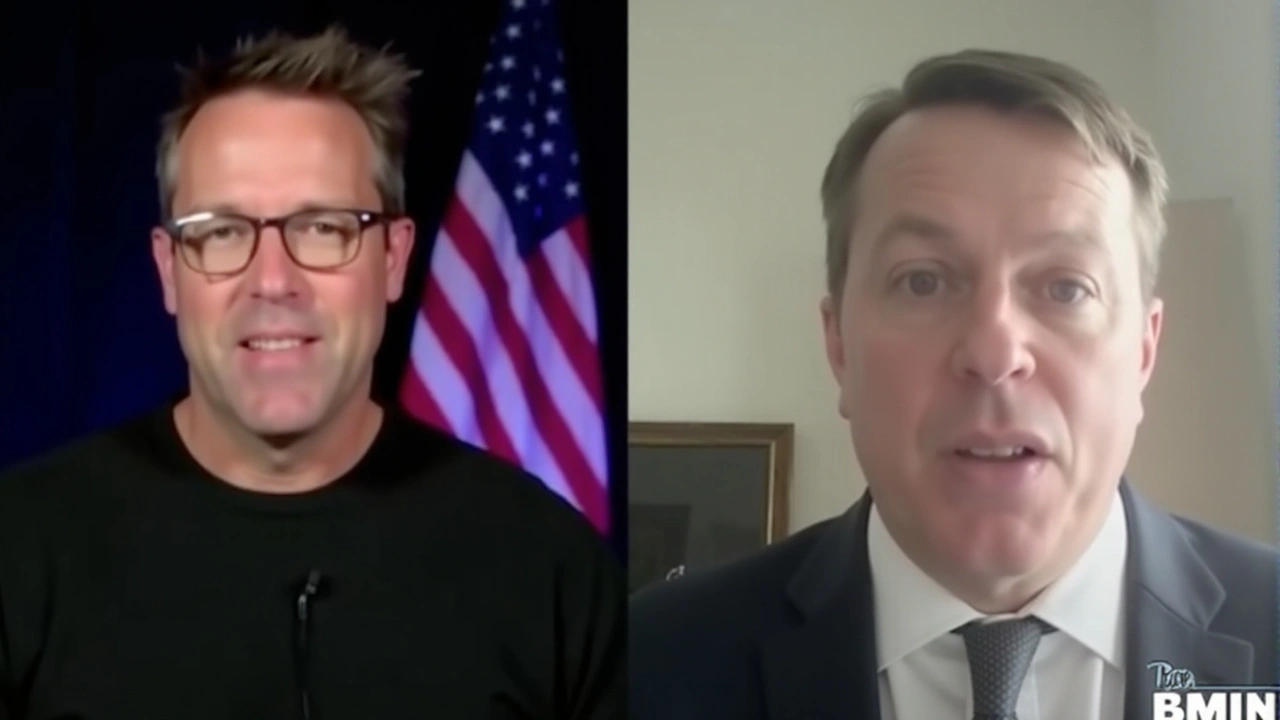Letitia James: who she is and why she matters
Want the short version? Letitia James is New York’s Attorney General and one of the most visible state law officers in the U.S. She won statewide office in 2018 and has a track record of taking on big cases about consumer fraud, public corruption, civil rights and corporate misconduct.
She’s the kind of official who uses the AG’s office to push for change, not just headlines. That means lawsuits, investigations and public actions aimed at protecting everyday people — tenants, small-business owners, pensioners — when they face powerful institutions.
Where she focuses her work
Her main areas include consumer protection, civil rights, and oversight of private and public entities. If a company is ripping off customers, the AG’s office can file suit. If a public agency breaches civil rights, the office can investigate and push for reform. That mix makes her role part law enforcement, part watchdog, and part policy driver.
She also draws attention because she takes on high-profile targets. That brings media coverage and public interest — and it means her actions often affect national conversations about accountability and the rule of law.
What people usually watch for
When following Letitia James, look for three things: new investigations or filings, settlements that include remedies for victims, and policy moves that change enforcement priorities. Lawsuits are where you often see concrete results — money returned, bans on certain practices, or court-ordered reforms.
Another thing to note: the AG’s office also accepts public complaints. That’s how many cases start. If you spot scams, unfair fees, or rights violations in New York, filing a complaint can feed investigations that help others too.
Want to stay updated? Reliable ways include checking major news outlets, the New York Attorney General’s official site, and reputable legal news feeds. Social media can break news fast, but official press releases and court records show the full picture.
Curious about how this affects you? Consumer protection cases can lead to refunds, fee cancellations, or new rules that change how companies operate. Civil rights actions can affect policing, housing access, and services in communities. These outcomes matter in everyday life, not just in courtrooms.
If you’re tracking a specific case, watch filing dates, court rulings, and settlement terms. Those milestones tell you if a matter is moving or stuck. And remember: investigations can be long, but they often end with practical fixes or public accountability.
Got a tip or a question? Start with the AG’s public complaint process, or follow coverage from respected outlets. That’s the quickest way to see if a local issue becomes a wider case with real consequences.
